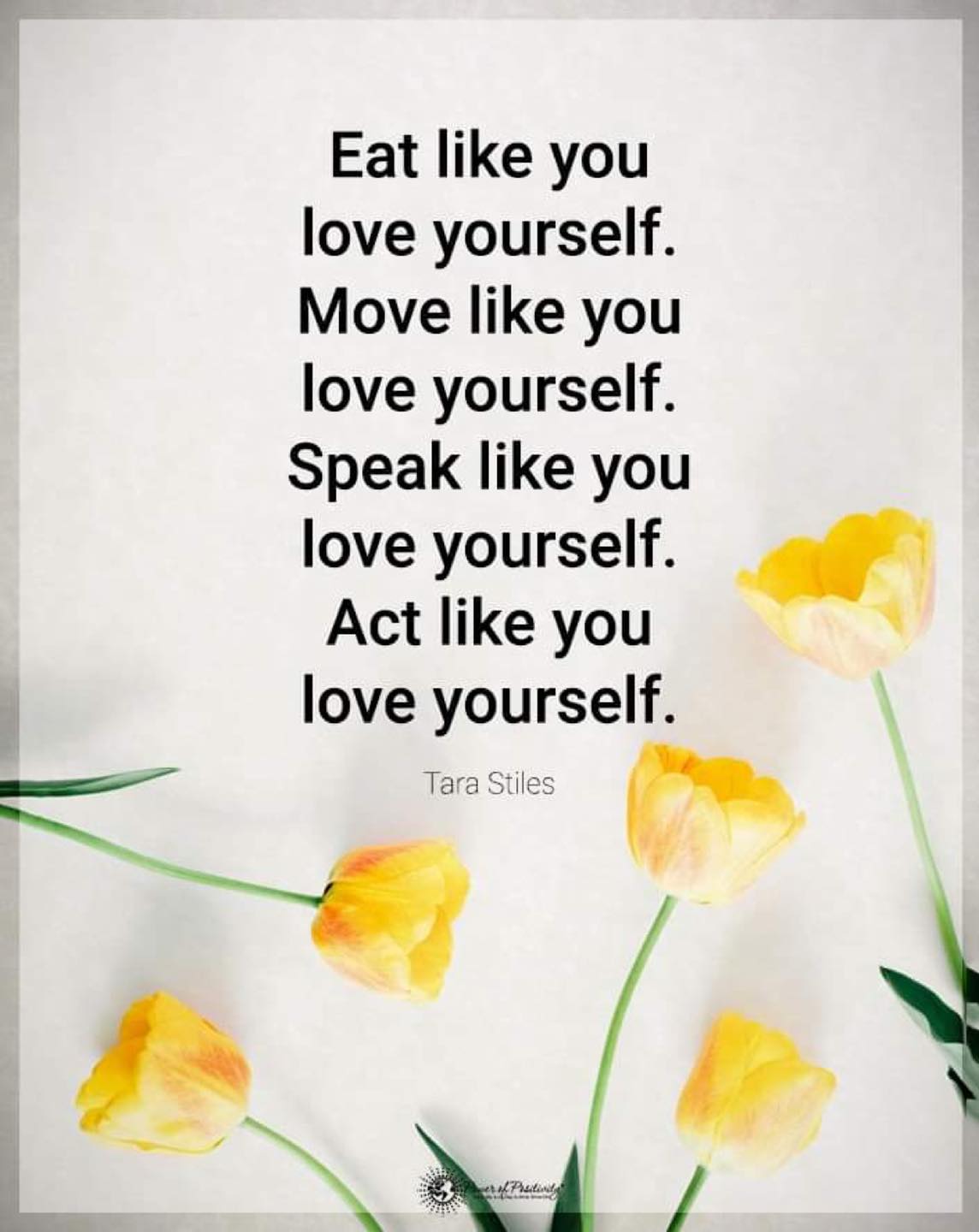Our liver is absolutely crucial to our health and well-being.
The body depends on liver detox to remove and purge toxins, break down hormones, detoxify the blood, digest fat, and store essential minerals and vitamins. Indeed, it is one of the hardest-working organs. Because of an increasing amount of pollutants and toxins in the air and our foods, it’s becoming both (a) more essential to take care of our liver, and (b) harder to do so.
In this article, we’re going to discuss some of the essential functions of the liver, risk factors for an unhealthy liver, and the best foods for maintaining liver health.
Liver functions
Here are some of the essential functions of the liver:
- breaks down and metabolizes alcohol and medications.
- eliminates old red blood cells.
- produces cholesterol and essential proteins.
- regulates blood composition.
- removes toxins from the bloodstream.
- stores vitamin A, iron, and minerals.
Potential liver problems
For the liver to properly care for the body, it must be in optimal condition. It’s unfortunate how many people do not understand the importance of having a healthy liver. Furthermore, it is common for individuals to think of liver cirrhosis – or scarring – as the only significant problem. And alcohol is the main problem.
It is much more complicated than this, of course. Alcohol-induced cirrhosis is a severe disease, but alcohol is not the only cause. A disease of the liver can stem from many things, including chronic malnutrition, certain medications (OTC and prescription), chemical exposure, eating raw seafood, and tobacco use.
WebMD lists the following “surprising” things that can damage your liver. Here they are, as presented:
- Sugar: All simple sugars, which are abundant in processed foods, are bad for the liver.
- Herbal supplements: These include the popular supplement, kava, and others.
- Non-alcoholic fatty liver disease (NAFLD): As the name implies, this fatty liver disease doesn’t stem from alcohol. Per Hepatitis Australia, “A poor diet, unhealthy weight, lack of exercise, high cholesterol, diabetes and heart disease” are all risk factors.
- Excess Vitamin A from supplements: Check with your doctor if you need to supplement vitamin A. You probably do not.
- Soda: Soft drinks increase the risk of developing NAFLD.
- Acetaminophen: Also known as paracetamol (generic) or Tylenol (brand), too much of this stuff can harm your liver.
- Trans Fats: Trans fats are manufactured fats that are plentiful in some baked goods and packaged foods. Look for the term “partially hydrogenated.”
- Autoimmune disorder: Hepatitis C is a big concern here.
- Excess alcohol intake: No more than one drink a day for women and two for men.
12 Great Foods For the Liver
Now that we’ve discussed a few important things about the liver, we’ll turn to the main topic: 12 foods (and drinks!) that will help your liver detox:
1. Almonds
A great source of vitamin E, almonds may help protect against fatty liver disease. Almonds – and other nuts – are beneficial for your heart, too.
2. Bananas
Bananas are rich in potassium (~ 470 mg), which makes them a staple in many diets. This tropical fruit can also aid in digestion, which expedites the release of metals and toxins – this helps detoxify.
3. Blueberries
Blueberries contain nutrients (polyphenols) that help protect against NAFLD. Other foods in rich in polyphenols include dark chocolate, olives, and plums.
4. Broccoli
Broccoli isn’t the sexiest of foods, but it sure is healthy for you. It’s one of the best veggies for the liver. (Not sure about broccoli and cheese, but hey…)
5. Coffee
The health benefits of coffee are often debated – and there are valid points on both sides. That said, studies show that 2-3 cups per day may lower the risk of liver cancer.
6. Green Tea
Some folks swear by green tea, and for a good reason. Green tea is loaded with catechins – an antioxidant that protects against many forms of cancer, including the liver.
7. Herbs
There are a bunch of herbs and spices to include. Cinnamon, cumin, curry powder, oregano, rosemary, and sage are all excellent for organ health.
8. Oatmeal
Oatmeal contains a heavy dose of fiber, which is terrific for keeping us feeling full. Research shows it can also help shed some extra pounds, which decreases the risk of developing a disease.
9. Raw veggies
Raw veggies aren’t everyone’s thing; which is one reason why juicers have become so popular. Eating (or juicing) raw vegetables – including beets, Brussels sprouts, carrots, cauliflower, cucumber, and leafy greens – are great for organ health.
10. Spinach
Spinach is loaded with glutathione, an antioxidant that may help keep your liver in working order. Whether you eat spinach raw or as a base for a dinner salad, your entire digestive system thanks you.
11. Sweet potatoes
Sweet potatoes are another food rich in potassium. In fact, one medium-sized sweet potato contains 700 milligrams. It’s also high in fiber and – while sweet – is a slow-digesting, complex carbohydrate. All of these things are good for the liver.
12. Water
No health list would be complete without H2O. Water is excellent for your liver in so many different ways. Besides helping the liver detox and flush toxins, water keeps us full for a longer time. Of course, this can help us shed a few pounds – and we all know this is a great thing!








 Final Thoughts on How to Lower Cortisol Levels Naturally
Final Thoughts on How to Lower Cortisol Levels Naturally











